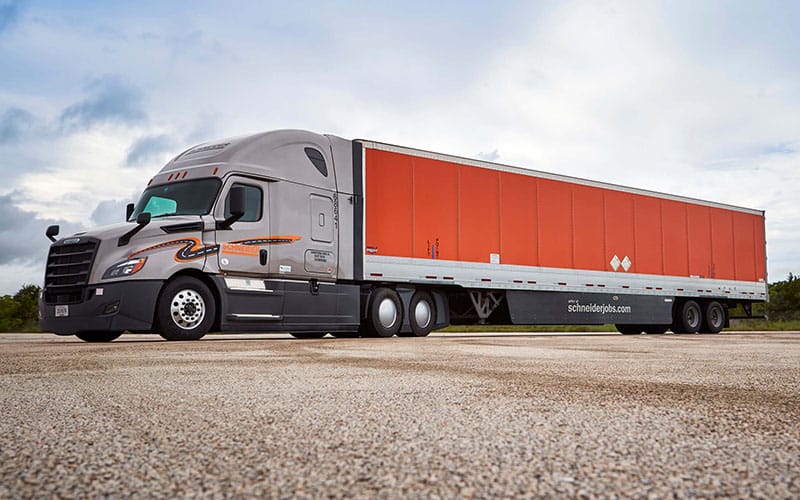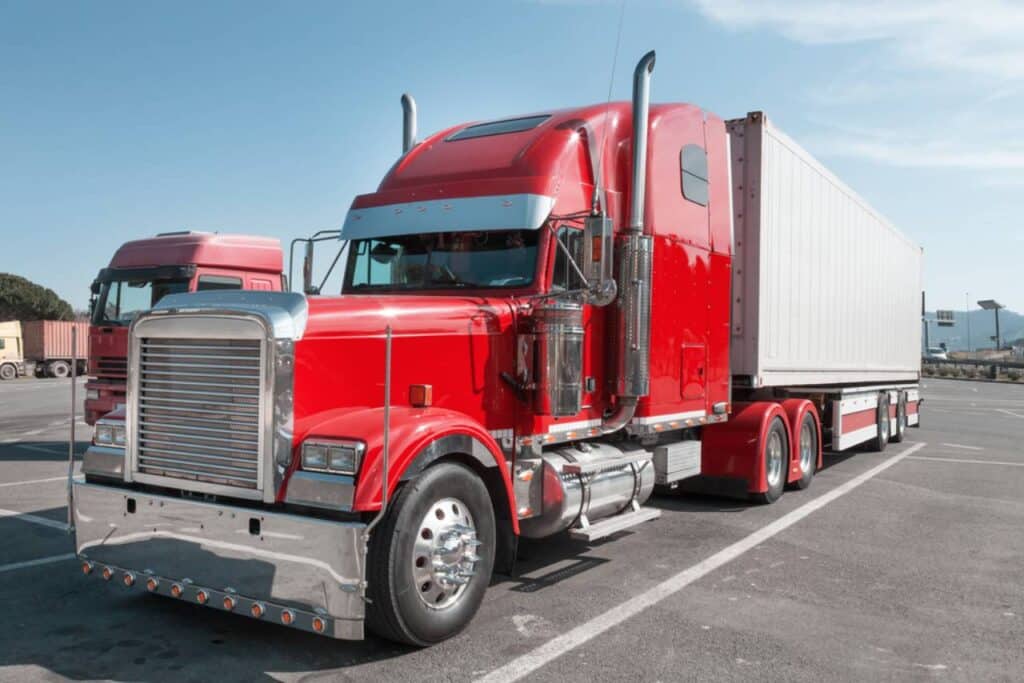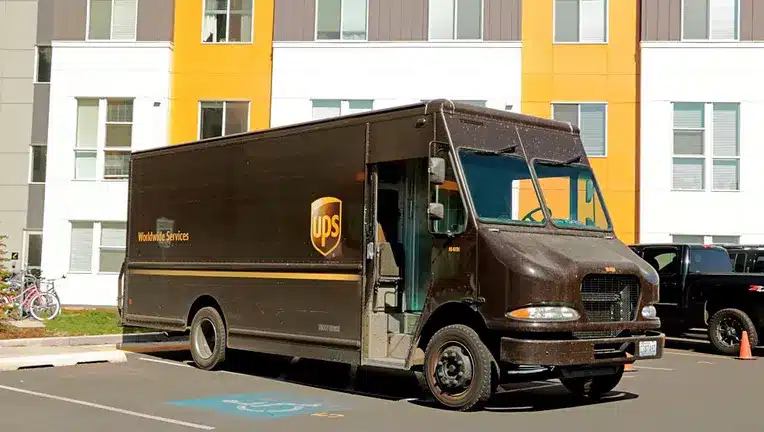Accidents on the road are unfortunate and can happen to anyone, regardless of how cautious they are. If you find yourself in a car wreck while exceeding your car’s occupancy level, it is essential to prioritize the safety of all passengers and take the necessary steps to handle the situation appropriately.
In this blog post, we will discuss what to do if you exceed your car’s occupancy level and are involved in a car wreck, focusing on safety, communication, and legal obligations.
Ensure Immediate Safety
The first and most crucial step after a car wreck is to prioritize the safety of everyone involved. Check for injuries and call emergency services always.
If it is safe to do so, move your vehicle out of the way of traffic to prevent further accidents or hazards. If your car is inoperable, activate the hazard lights to alert other drivers.
Attend to Injuries and Seek Medical Assistance
Examine all passengers for injuries, including those resulting from exceeding the car’s occupancy level. If anyone requires medical attention, call for an ambulance or seek medical assistance immediately.
Remember that injuries sustained in a car wreck may not be immediately apparent, so encourage all passengers to seek medical evaluation, even if they feel fine initially.
Exchange Information and Document the Scene
Exchange contact and insurance information with the other driver(s) involved in the accident. Take photos of the scene, including the damage to vehicles, the positioning of vehicles, and any relevant road conditions.
These details will be helpful when filing insurance claims and providing accurate information to authorities.
Contact Your Insurance Provider
Notify your insurance provider about the accident as soon as possible. Provide them with all the necessary details, including the number of passengers exceeding your car’s occupancy level.
Be prepared to answer questions about the circumstances leading up to the accident and provide accurate information to the best of your knowledge.
Cooperate with Law Enforcement
When law enforcement arrives at the scene, cooperate fully and provide them with the required information.
Inform them about the number of passengers exceeding your car’s occupancy level, if applicable. Follow their instructions and request a copy of the accident report for your records.
Seek Legal Advice
Depending on the severity of the accident, it may be beneficial to consult with a legal professional specializing in personal injury and traffic accidents.
They can provide guidance on your rights and help navigate any potential legal implications that may arise from exceeding your car’s occupancy level.
Communicate with Passengers and Provide Support
After the accident, maintain open communication with all passengers, especially those who exceed the car’s occupancy level. Check on their well-being and offer support.
Recognize that individuals may feel shaken or traumatized, so offer reassurance and ensure they receive any required medical attention or emotional support.
If you have been injured in a car accident, contact 770 GoodLaw for legal representation. We will always ensure that you are heard and fought for.







